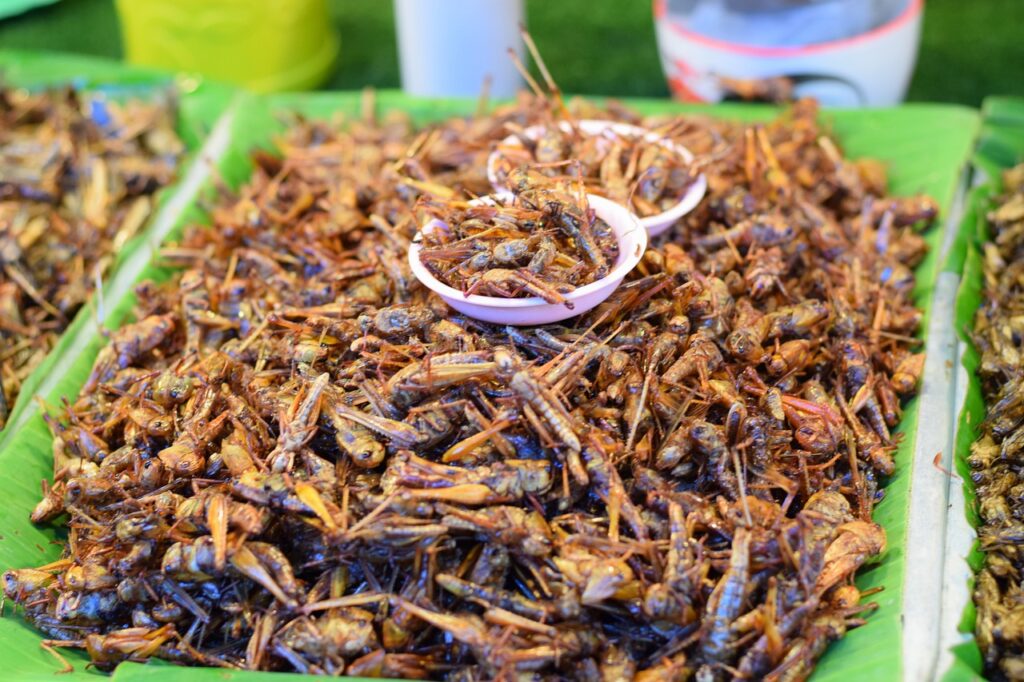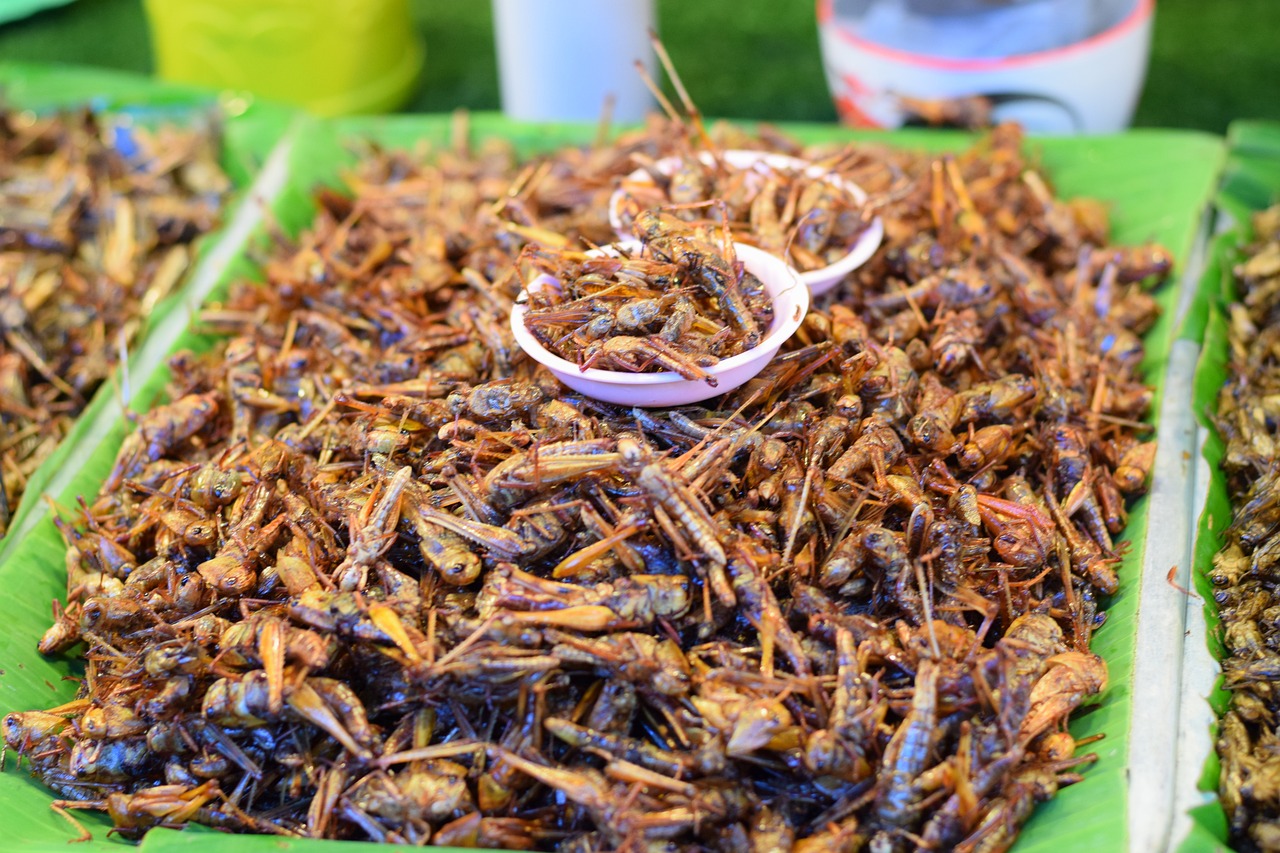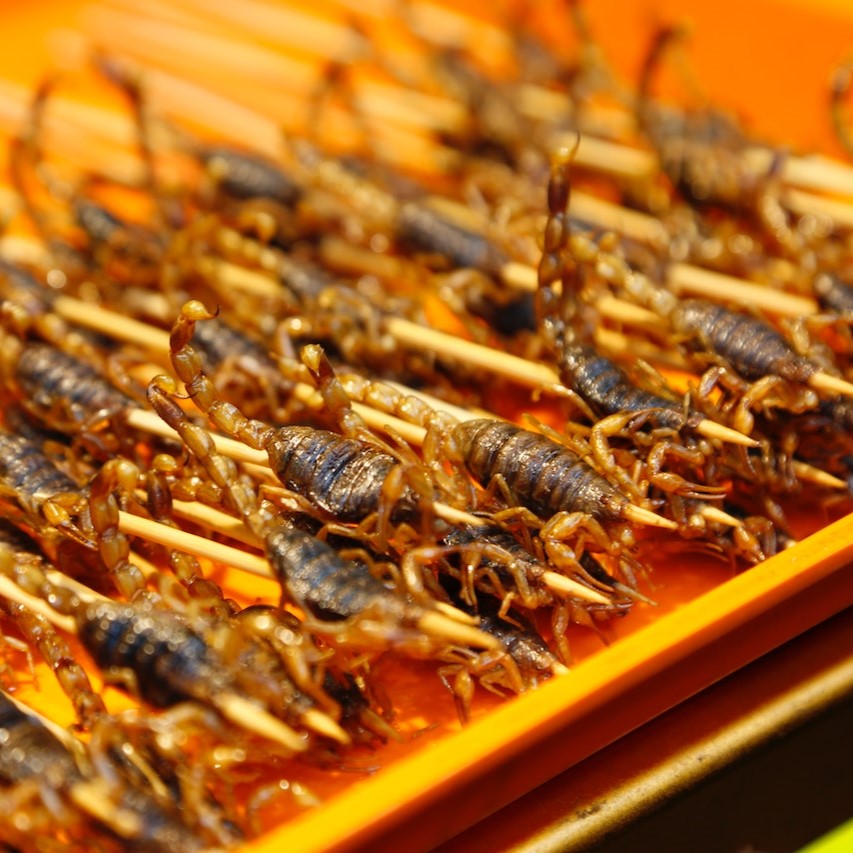4 Amazing Health Benefits Edible Insects Can Provide You
Are you looking for a sustainable and nutrient-dense alternative to traditional animal and plant-based foods? Look no further than edible insects!
While the idea of eating bugs might make skin crawl, research has shown that insects like crickets and mealworms are packed with essential vitamins and minerals, high-quality protein, and healthy fats. In fact, some experts believe that edible insects could be the key to addressing food scarcity and reducing the environmental impact of animal agriculture. So, if you’re curious about the potential health benefits of incorporating insects into your diet, keep reading!
Nutrient Content of Edible Insects vs Common Foods
Edible insects are being viewed as a promising alternative to traditional meat products due to their nutritional value and low environmental impact. Recent studies have compared the nutrient content of insects to that of commonly consumed foods.
Insects are generally lower in calories than meat, with higher protein-to-fat ratios. They are rich in protein, fiber, healthy fats, vitamins, and minerals. Insects also provide all essential amino acids and are particularly high in lysine, an amino acid often lacking in plant-based diets.
Edible insects have the potential to replace meat as a protein source. They are high in essential amino acids, providing the body with the necessary building blocks for muscle growth and repair. Insects are also a more sustainable protein source than meat, requiring far less water, land, and feed to produce the same amount of protein.
Bioavailability of Nutrients in Edible Insects
Edible insects are not only high in essential nutrients but they also provide bioavailable nutrients. Bioavailability refers to the proportion of a nutrient that is absorbed and utilized by the body when it is consumed. Insects contain minerals and vitamins that can be readily absorbed by the human body.
Additionally, the way in which insects are prepared can also affect their bioavailability. For example, grinding the insects into a powder or processing them into a paste increases their bioaccessibility. This means that the nutrients can be more easily absorbed by the body. Overall, edible insects offer a highly bioavailable source of essential nutrients.
4 Health Benefits of Edible Insects

Contains Antioxidant Properties
Antioxidants are molecules that neutralize harmful free radicals and protect our body from oxidative stress, a key factor in the development of chronic diseases. Studies have found that edible insects contain high levels of antioxidants, including flavonoids and carotenoids, which can help to reduce inflammation and support the immune system. Additionally, the bioactive compounds in edible insects may offer benefits such as improving brain function and reducing the risk of certain cancers.
Reduces Health Risks and Strengthens Immune System
Edible insects have the potential to reduce health risks and strengthen the immune system due to their high nutrient content. In addition to antioxidants, insects contain essential amino acids, omega-3 and omega-6 fatty acids, iron, zinc, fiber, and vitamin B, which are key components for a strong immune system. Incorporating insects into your diet can lead to a reduced risk of chronic diseases such as diabetes and cancer.
Promotes Cardiovascular Health
Studies have shown that edible insects have ACE-inhibitory activity, which can contribute to cardiovascular health. ACE inhibitors are commonly used in modern medicine to lower blood pressure and reduce the risk of heart disease. Therefore, incorporating insects into our diets can help reduce the risk of developing cardiovascular diseases and maintain healthier hearts.
Helps with Weight Control
Edible insects help with weight control due to their high protein content and low fat content. Protein is essential for weight management as it can increase satiety, reduce cravings and hunger, and help maintain lean muscle mass. In fact, studies suggest that consuming protein-rich foods, such as edible insects, can lead to greater weight loss and better body composition than low-protein diets. Furthermore, some edible insects, such as crickets, contain a compound called chitin, which may inhibit the absorption of fat in the body.

The Bottom Line
In summary, edible insects can offer a variety of health benefits. They are rich in essential nutrients and can prevent and manage chronic diseases such as diabetes, cancer, and cardiovascular diseases. Ultimately, incorporating insects into our diets has the potential to serve as a sustainable meat substitute and dietary supplement, leading to significant human health and environmental benefits.
As such, there is a need to promote the consumption of edible insects as a viable alternative to traditional animal-based foods. This can be achieved through education and awareness campaigns, as well as the development of innovative insect-based products for the market. The time to embrace edible insects as a healthy and nutritious food source is now.
Start Your Sustainable Food Journey
Crickets? Grasshoppers? Mealworms?
Check out our selection of edible insects and start whipping up nutritious and sustainable meals!







